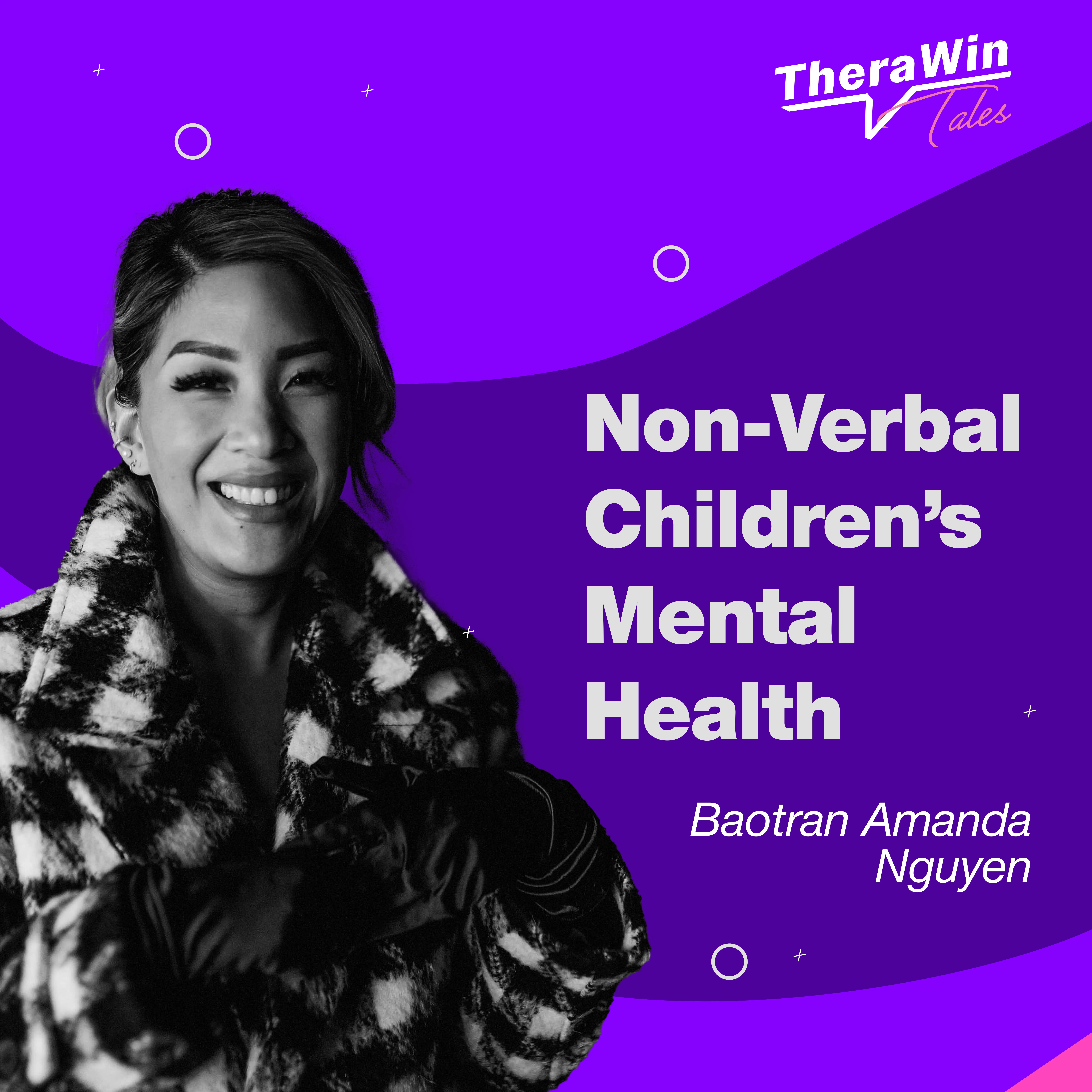Overview
According to the National Institute of Mental Health, around 59.3 million people in the United States have mental illness. This can range in severity from mild anxiety to chronic depression. While these issues have the potential to have a profound impact on an individual’s life, it is important to recognize that only about 50.6% of these individuals received treatment.
Studies such as a peer-reviewed journal article by Alison Karaszc and her colleagues in 2020 reported that immigrants, especially those part of the South Asian/Indian community, exhibited higher rates of mental health issues compared to the general population. This is due to a variety of factors, such as, but not limited to, migration challenges, difficulties in finding community, or pressure to acclimate to American culture. These individuals are especially vulnerable to mental health conditions as they are affected by cultural stigma/taboo surrounding receiving support. This disparity in ability to access resources can cause significant impediments to this community, as a lack of early intervention can exacerbate pre-existing conditions.
Fortunately, significant advancements have been made in the recent year at the intersection of mental health care and technology. The purpose of this blog post is to encourage individuals part of immigrant communities to leverage mental health apps to self-regulate their struggles, as such technology can offer discreet, accessible, and culturally sensitive resources to help them navigate such challenges.
We will be reviewing a variety of different mental health applications, listing their pros and cons, and providing a consensus at the end. Stay tuned to hear my ultimate recommendation for mental health care!
App Review
#1: MindDoc

What is it?
App developed by clinical psychologists and researchers to help individuals facing common mental health challenges; educates and helps regulate mental health problems through courses. Provides personalized recommendation courses for users to take based on wellness assessment, partnered with BetterHelp Online Therapy.
Pros:
Provides unique, clinically-backed mental health course recommendations to each user to self-regulate well-being
Partnered with a reputable organization which provides therapeutic support to millions of customers
Cons:
Can be costly (subscription to utilize many key features costs $34.99/year)
Does not offer space to engage in mindfulness practices (ie journaling, daily planning, etc.)
#2: BetterMe

What is it?
App centered around mindfulness and meditation practices to help calm users + regulate mood. Uses mindfulness and healthy practices, rather than clinical advice/therapy to provide support to users.
Pros:
Provides quick and easy solutions to everyday struggles like anxiety through 5-min breathing and meditation practices
Offers daily mental health plan with actionable steps/resources to support, fosters consistency
Provides tips on how to regain focus + maintain healthy habits such as a stable eating and sleeping schedule
Cheaper
Cons:
Does not offer much clinical advice
May not be suitable for people who are less spiritually-inclined
#3: CBT Therapy

What is it?
App centered around using CBT therapy strategies to help users self-regulate anxiety & other conditions.
Pros:
Provides easily accessible mental health care through clinically-backed method of cognitive behavioral therapy
Offers actionable steps on how to maintain individual mental well-being
Cons:
Costly (49.99/year)
Does not provide much support for users who want mental health experiences outside of CBT
Does not offer mindfulness/self regulatory practices
App relatively new/lack of resources + customer insight
#4: Finch- Your Self Care Pet

What is it?
Care for a cute virtual animal that grows beside you by consistently practicing self-care every day & develop good habits using mindfulness, goal tracking, etc.
Pros:
Provides space to develop consistent habits by building online relationship with cute virtual pet
Provides actionable self-care steps suited to a user’s specific interests every day
Allows for user to track growth + progress
Free to use
Cons:
Gamified aspects of app create unhealthy codependency on virtual pet to maintain mental health
Does not provide clinical resources for users to receive help
#5: Therawin

What is it?
AI-driven app built for immigrants, by immigrants that provides an array of resources for users to utilize to self-regulate mental well-being
Pros:
Provides combination of clinically-backed resources (one-on-one sessions with real therapists) and mindfulness tips (journaling, daily planning) for users to self-regulate mental wellbeing
Provides actionable steps based on journaling insights for users to take to care for their health
Provides free simulation of real-world therapy session through AI therapist
Free to use
Cons:
Newer app, not many reviews
Conclusion
For immigrants in the U.S., I highly recommend using Therawin. What sets this app apart is its credibility and unique perspective—created by immigrants, for immigrants—ensuring its features are thoughtfully tailored to the challenges this community faces. The developers bring a deep sense of empathy to the design, making it a truly supportive tool.
Therawin offers a comprehensive suite of features, seamlessly blending clinically-backed practices with self-regulatory mindfulness tools, allowing users to choose what works best for their personal needs. Additionally, the app goes beyond self-guided options by offering real-time sessions with therapists, helping users feel connected and supported rather than isolated. Best of all, it is completely free to use, making it an accessible resource for anyone seeking mental health support.
Try Therawin in the app store today and let us know what you think!











